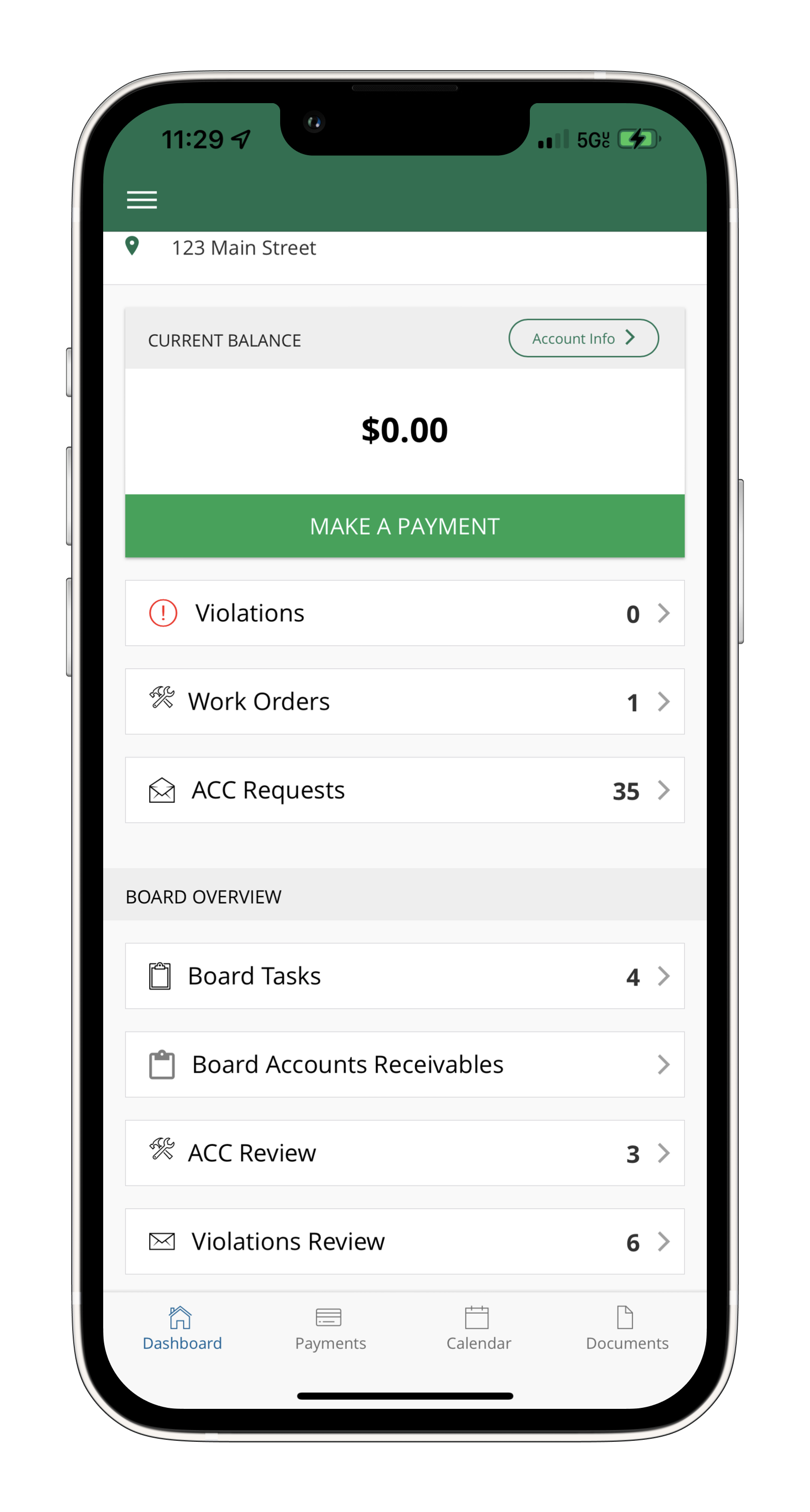
What Associations Need to Know about Collecting on Delinquent Accounts
August 5, 2019
Why You Need Great Communication with Your Management Company
September 10, 2019To account for everything your association will need to fund, we recommend organizing your upcoming expenses into six basic categories.
Budgets for 2020 are developed in the fall of 2019 for most of our 250+ associations. Boards must approve the final budget by mid-October. Whether your HOA is a CMA client or not, it is now time to scrutinize and prepare your 2020 budget. To account for everything your association will need to fund, we recommend organizing your upcoming expenses into six basic categories:
Regularly Recurring Expenses
These include all expenses that are periodically charged within a year, whether monthly, quarterly, or bi-annually. CMA takes a more rigorous approach to planning for these expenses, rather than simply taking last year’s expenses and dividing by 12 for this year’s budget. This is common in our industry, and it’s a mistake because it doesn’t yield an accurate income statement for your monthly financial reports. CMA uses a detailed methodology to account for seasonal spending and trending, such as increases and decreases in per gallon water rates for irrigation and kilowatt per hour rates for electricity.
For regularly recurring expenses at specific timeframes, such as an audit, tax preparation, annual meeting, and statement mailings, these expenses should be specifically allocated for the month in which they occur.
Seasonal Expenses
Seasonal expenses are different than quarterly (recurring) expenses. Seasonal expenses, such as spring landscaping, summer pool maintenance, or winter holiday decorating occur at one time frame during the year. Economic factors like product availability, labor shortages, and inflation can cause some of these expenses to be improperly forecasted. Strongly consider the economic variables before making projections with seasonal expenses.
Another variable, carefully review past records for extra seasonal expenses that may not be top of mind, such as extra safety patrols when kids are out of school, or over busy holidays.
Occasional, Irregular Expenses
Some very significant operating budget expenses don’t occur each year, such as a reserve study update, playground rubber mat replacement, gym equipment maintenance, or pool refinishing. You may need to invest in technology upgrades to your office computers or to the LED bulbs in your streetlights. Irrigation backflow testing is another potentially significant occasional expense that is mandated by the city to be performed periodically – and there are other similar mandates to consider. Have you accounted for the items that will need to be replaced or repaired as operating budget expenses for the coming year?
Emergency Expenses

With the extreme Texas weather, have you set aside more in contingency line item funds for storm damage and recovery? How about potential lawsuits? Think about all of the prior emergencies that have occurred in the past, and about the likelihood of specific types of emergencies that may occur going forward. Look at total prior year annual expenses related to emergencies and take all of this information into account in budgeting for this category.
One-Time Large Capital Improvements
This is the category that needs the least explanation. You are probably allocating your budget accurately for one-time major expenses like a new community center, tennis courts, or walking trails. Sometimes these expenses are made by averaging vendor bids, which tend to be lower than actual charges. Be sure you’re basing this budget item on realistic projections.
Here is a key point to consider: Do your income statements give you an accurate snapshot of YTD expenses-not just 1/12th of the annual budget? Are there unusual variances because seasonal expenses weren’t allocated properly to the month of the service? Ensuring an accurate budget for the year ahead results in accurate monthly income statements for that year.
If you would like to learn more about specific budgeting processes and how they may help to better align your budgeting with actual expenses, give CMA a call!

Karyn Bradley
CMA Controller







